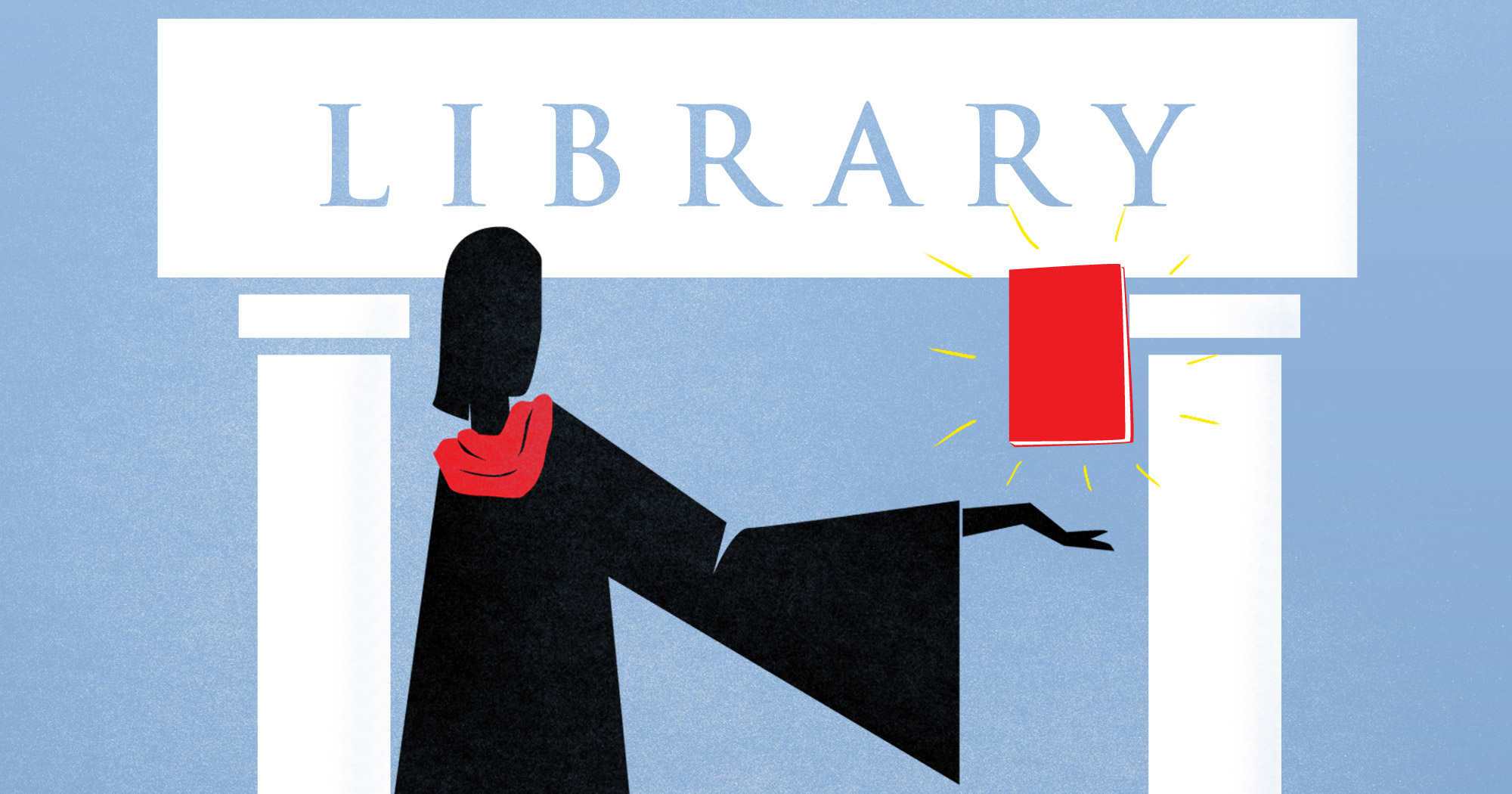Libraries Defending from US Defunding

Total defunding is an oddly passive-aggressive way to destroy a government agency. Yet that’s what’s supposed to happen to several federal agencies, including PBS, the National Endowment for the Humanities, and the Institute of Library and Museum Services under the proposed 2018 federal budget.
There’s a lot here. Famously, Meals on Wheels would disappear, and it’s hard to imagine a United States without PBS. But the one that catches this librarian’s eye is the defunding of the IMLS, the primary source of federal funding for public libraries and museums.
As far as libraries go, it’s mixed news. The IMLS provides grants for continuing education for librarians and for big, onetime public library projects. Museums and historical societies tend to rely on it more for general operating support. The upshot is that if the IMLS went away, museums and historical societies would suffer greatly, but public libraries would survive. After all, most libraries are funded by states and municipalities.
That said, this is not an insignificant problem for public libraries. What libraries do use IMLS money for is generally very important. For example, the public library of Lynn, Massachusetts, an old factory town fallen on hard times, used an IMLS grant to run a program that taught teens about technology. That program made a big positive difference and I don’t want to understate its importance. Defunding the IMLS would have made it impossible for kids from that community to get even that small leg up toward being able to change their community economically.
The cut is not being presented as a way to kill public libraries—despite certain statements that House Speaker Paul Ryan has made about the relative value of public libraries—but as a way to shrink the size of the federal government. That leaves libraries in a familiar place: as a boat tossed on the waters of prevailing political philosophy.
Small-Government Compatible
Believe it or not, there are librarians who believe in small government. However, the existence of the IMLS doesn’t violate small government principles since it doesn’t provide the main source of funding for libraries. Instead, it gives libraries a little financial boost when they indicate that they are desirous and deserving of one. This helps to even the playing field for smaller and less-than-affluent library systems. If the cut of the IMLS is strictly a political decision, then it’s a heartless one that will only seriously affect the neediest communities.
If the cut were born of economic necessity, this would be tolerable, but it’s not. The operating budget of the IMLS was about $230 million last year. Did you know that operating a single B-2 bomber for a year costs more than $810 million? Donald Trump could fund the entire program out of pocket for four years and not even deplete half of his net worth. Yes, this was done for philosophical reasons. There is no material purpose to it aside from ideology. Back where I come from in Madison County, New York, where the Historical Society received $16,732 of general operating funds from the IMLS in 1999, we have another word for that. We call it spite.
What Can Libraries Do?
So in this new political landscape, library funding is subject to fits of political pique. Spite at the national level. This is the real reason why we must prevent the IMLS from going under. Our politicians think that libraries are basically toothless. They are taking this funding because they think that libraries can’t or won’t do anything about it. As for the patrons of public libraries and how they may be affected by the loss of grants not yet awarded, our leaders have clearly not spared a single moment’s thought. Those patrons don’t have a PAC. Who pays our politicians to care about them?
But libraries do have a lobbying agency. It’s called the American Library Association, and it needs to show that it does have teeth. So do people who love libraries and what they stand for. This isn’t about free Internet and a quiet place to read in every community. If a national government can get away with spite on this level, with this level of pettiness in the name of an ideology, then library funding is just the first of many social service monies to disappear.
If I sound alarmist, or maybe biased by my love of my profession, then ask yourself this: what gets cut next year if the low-hanging fruit of the IMLS and PBS goes away now? Does Medicaid get skimmed down? Do veterans’ benefits? The Department of Education? This is an administration that has just sent us a loud message about what it believes, and it believes that you don’t need nice things. The IMLS didn’t choose to get into these politically divisive waters, but here it is. And here we are.
The defunding of the IMLS is not carved in stone yet. In fact, proposed budgets rarely make it through Congress intact, and judging from preliminary reactions by officials not involved in the writing of this thing, the 2018 budget will definitely take its licks. You can make those licks bigger through a little persuasive action. First, discover everything that the IMLS has done for this country. Find out what IMLS projects have mattered to you. Then, get on the phone and tell your representatives all about them. Tell them just how much of a damn you give. Sign the petition. If you have a lot of money, donate to the American Library Association or become a member. If you don’t, write letters to the editors of major papers. Here’s a Google News alert. Be sure to include your full home address, real name, and phone number, and to keep it under 200 words.
Libraries are never just houses full of books and museums are never just buildings full of paintings. Cultural institutions like these stand for an entire category of American institutions that make living here better than living in a warehouse. It’s time to show our elected officials how much we care about that.

Anna Call is a reference librarian at the Nevins Memorial Library in Methuen, Massachusetts. Follow her on Twitter @evil_librarian.
Anna Call
